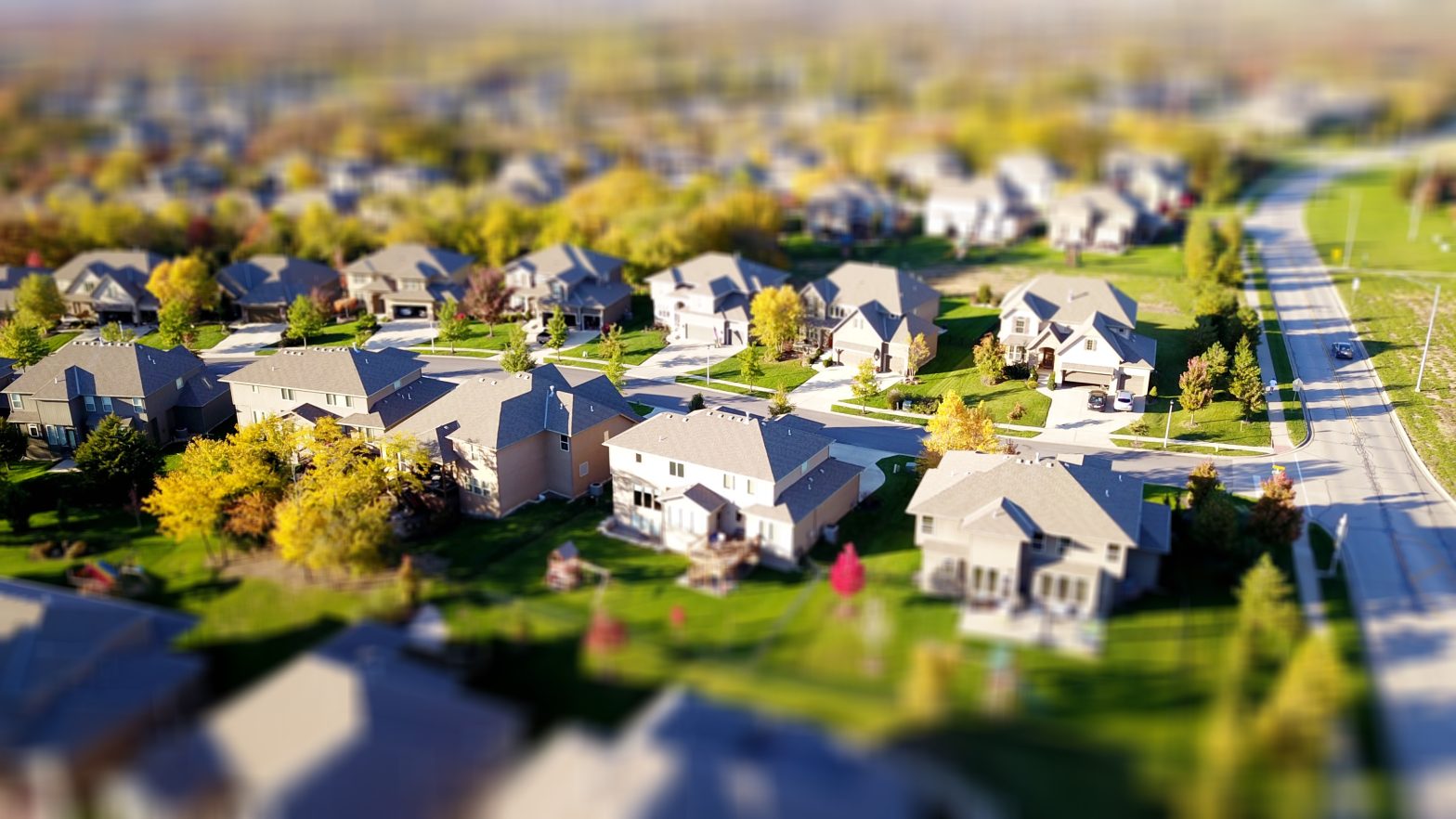
The Essence of Sustainability in Real Estate: Trends, Practices and What Lies Ahead
These past few years, there has been a growing focus on sustainability and for a very good reason. Things which are more sustainable also last long, create a positive impact on the environment and also promote a better and healthier future. Now, there is also a rising trend for sustainability in real estate.
Sustainability in real estate revolves around constructing, designing, and operating buildings that minimize negative impacts on the environment while optimizing resource efficiency. This concept encompasses several key principles:
- Energy Efficiency
Energy-efficient buildings utilize cutting-edge technologies to reduce energy consumption. Incorporating features like solar panels, energy-efficient appliances, and advanced insulation systems drastically lower utility bills and decrease the carbon footprint.
- Water Management
Water scarcity is a growing global concern. Sustainable real estate practices include rainwater harvesting, efficient irrigation systems, and the use of low-flow fixtures, collectively reducing water consumption and waste.
- Green Materials
Choosing environmentally friendly materials is crucial. Opting for recycled, locally sourced, and non-toxic materials reduces resource depletion and indoor air pollution, promoting a healthier living environment.
- Waste Reduction
Construction and demolition generate significant waste. Sustainable building practices focus on reducing waste through recycling, reusing materials, and adopting efficient waste management strategies.
- Indoor Air Quality
Green buildings prioritize indoor air quality by ensuring proper ventilation and using materials with low volatile organic compounds (VOCs). This promotes better health and comfort for occupants.
The Advantages of Going Green in Real Estate
Now that we have discussed why we should do it, what would be end result of this practice? Well, the future is green, like literally! The transition to sustainable and green building practices offers a plethora of benefits to various stakeholders:
- Financial Savings
Though initial costs might be higher, the long-term financial gains from reduced energy and water bills, lower maintenance costs, and increased property value outweigh the investment. Green buildings are known to have higher resale values.
- Environmental Impact
By minimizing carbon emissions, conserving resources, and reducing waste, green buildings play a pivotal role in mitigating climate change and preserving natural ecosystems.
- Health and Well-being
Improved indoor air quality and a healthier living environment contribute to the well-being of occupants. Green buildings are associated with lower instances of respiratory illnesses and allergies.
- Regulatory Incentives
Many governments and municipalities offer incentives, tax breaks, and grants to encourage sustainable building practices, making it an economically attractive option for developers and investors.
- Enhanced Reputation
Adopting green building practices enhances a company’s reputation and appeal. Businesses that prioritize sustainability are more likely to attract environmentally conscious clients, partners, and employees.
The Road Ahead
The future of real estate lies in sustainable and green building practices. As environmental concerns intensify and regulations tighten, embracing these practices is no longer a choice but a necessity. By prioritizing sustainability, the real estate industry can contribute positively to both the planet and its own long-term growth.

